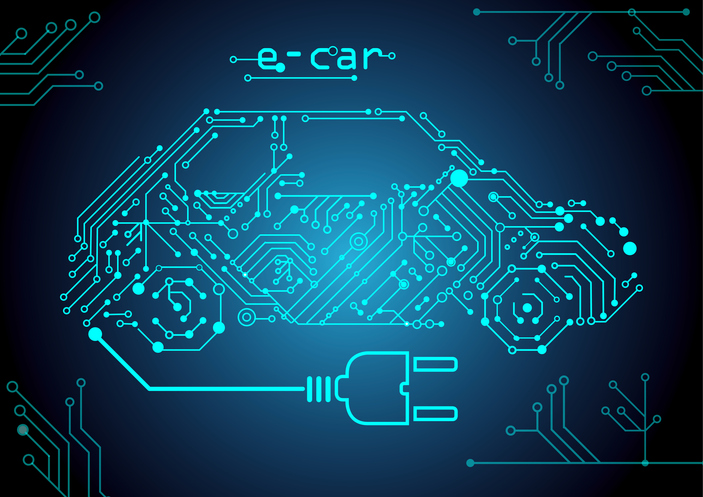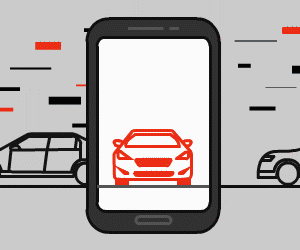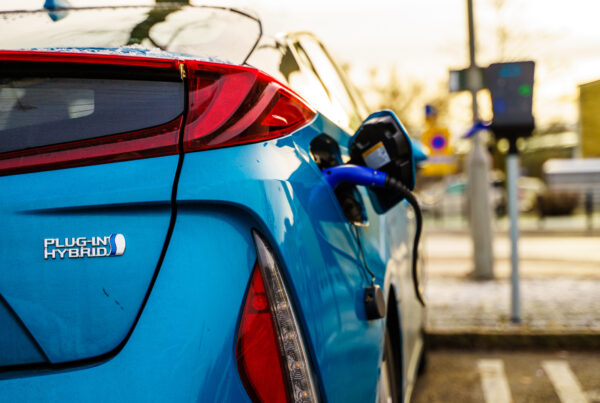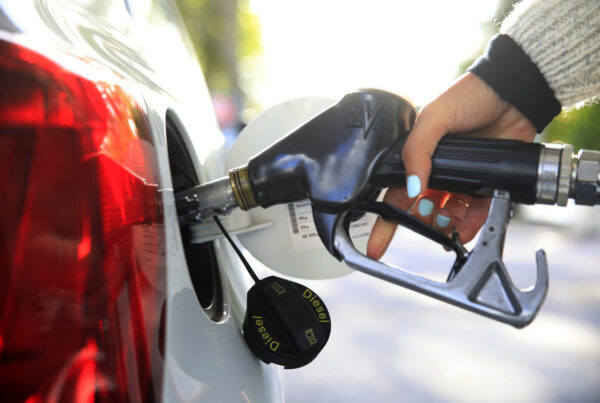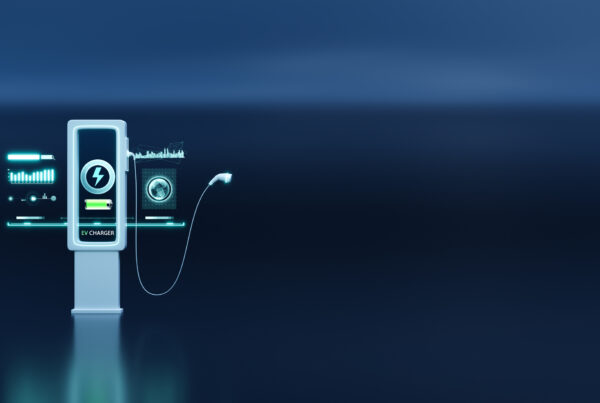Australia researchers have created a new type of EV battery that could provide a range of up to 1000 kilometres per charge.
The team from Monash University modified a standard lithium-ion battery to use sulfur cathodes in term allowing for higher stress loads without a drop in capacity or performance.
It is hoped the end result is a longer-lasting lithium-sulphur battery that can be used in anything from smartphones and laptops to electric vehicles – which for the fleet and private market might help to remove the stigma around ‘range anxiety’.
“Until now, lithium-sulfur batteries have been impractical. Their chemistry allows them to store so much energy that the battery physically breaks apart under the stress,” Research Fellow of Monash University Mahdokht Shaibani said.
“However, my colleagues and I have engineered a new design for these batteries which allows them to be charged and discharged hundreds of times without breaking down.”
The team says its battery has less environmental impact than current battery tech thanks to a water-based process for manufacturing, with battery makers in Europe and China citing significant interest in developing the technology.
It is hoped that a commercial product could be ready for market within the next 2–4 years.

